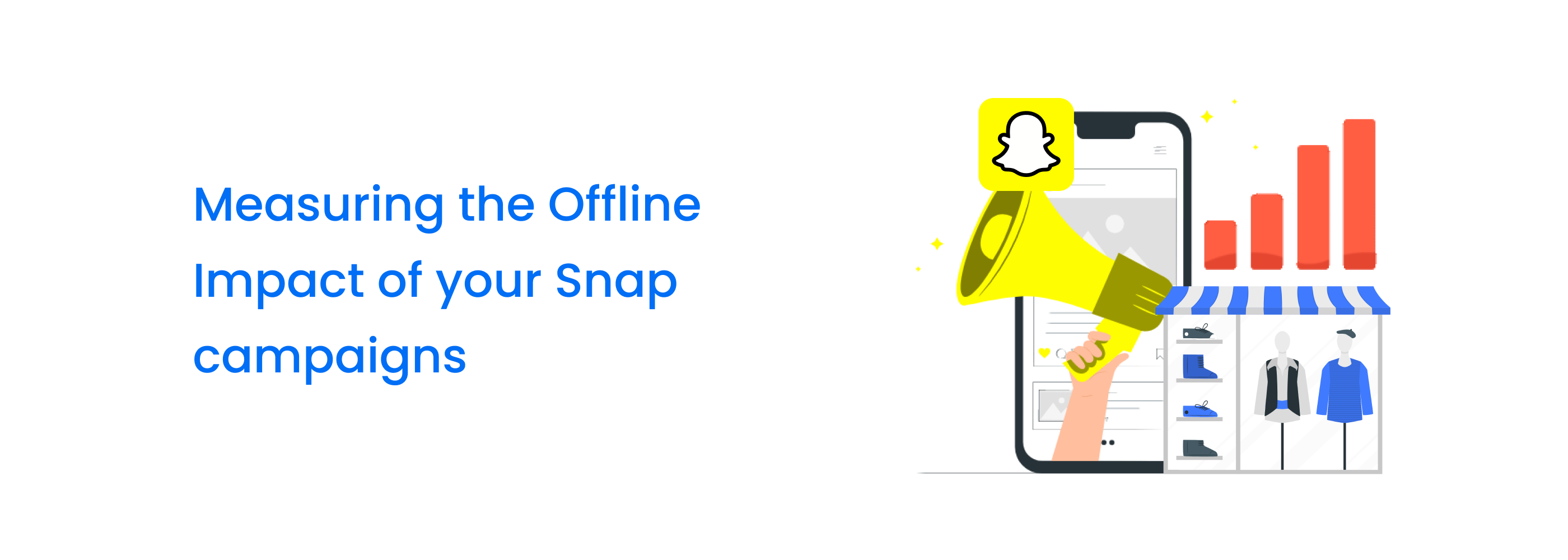Marketing Attribution in a Cookieless World
Attribution in marketing is the craft of understanding how marketing efforts attract and convert prospects into customers. This is a complex exercise and the best way available to do this today is through touchpoints, which are interactions with your customer.
Data has been crucial to gaining user insight. According to a SparkPost report, 82% of marketing leaders are actively preparing for privacy changes, and 67% say they are concerned with how privacy changes will affect their ability to perform.
For over a decade, online advertising companies have been using web cookies, primarily third-party cookies (aka third-party trackers), to identify Internet users across different websites, a practice known as cross-site tracking. The purpose of identification is to run behaviourally targeted advertising based on a user’s web-browsing history, conduct frequency capping (i.e., avoid showing the same user the same ad multiple times over a given period of time), measure the performance of ad campaigns, and attribute ad views (impressions) and clicks to conversions.
In the early days, cross-site tracking was a process that happened behind the scenes; in the background as the websites loaded. But it didn’t take web users, the media, and lawmakers long to discover that these web cookies were being used to “identify individuals” across the Internet and build profiles containing information about their interests and behavior.
Combine all that with the data collection practices of Google and Facebook and you’ve got yourself a pretty interesting situation. One important thing to bear in mind is that data breaches and leakages (i.e., mass data sharing between companies or access to data due to security issues) have been one of the biggest reasons for the growing concern.
The good news is that the future is far from grim. Unified measurement platforms and machine learning solutions can usher us into the next ‘Golden Age’ of digital marketing. Online Privacy will continue to be a concern for anyone who does anything on the website. Owing to these concerns, companies, and countries are passing regulatory laws to protect user data.
New challenges in marketing…
Third-Party Cookie Deprecation
While third-party cookies – the brick-and-mortar for most marketers are soon going to be a thing of the past. Safari and Firefox have already ceased support of third-party cookies, and Google is phasing out Chrome support starting in 2024.
Walled Gardens
Mega brands like Google, Amazon, and Facebook control the digital advertising segment. They collect huge amounts of data within their platforms and then use it to show hyper-targeted ads to consumers. Data collection and usage is one of their greatest assets, so it kind of makes total sense for them to protect it, right? Especially with Google, a major chunk of its revenue comes from advertising, so why would the company shut off one of its most powerful resources?
Traditional Workarounds
Marketers find new ways to solve problems and data privacy is no exception. Many of the workarounds that exist are not built to handle the amount of data typically collected, and have not been built for marketing for a while. This can result in costly and time-consuming data collection methods.
















